Home>Ideas and Tips>Understanding Homeowners Associations: Pros And Cons
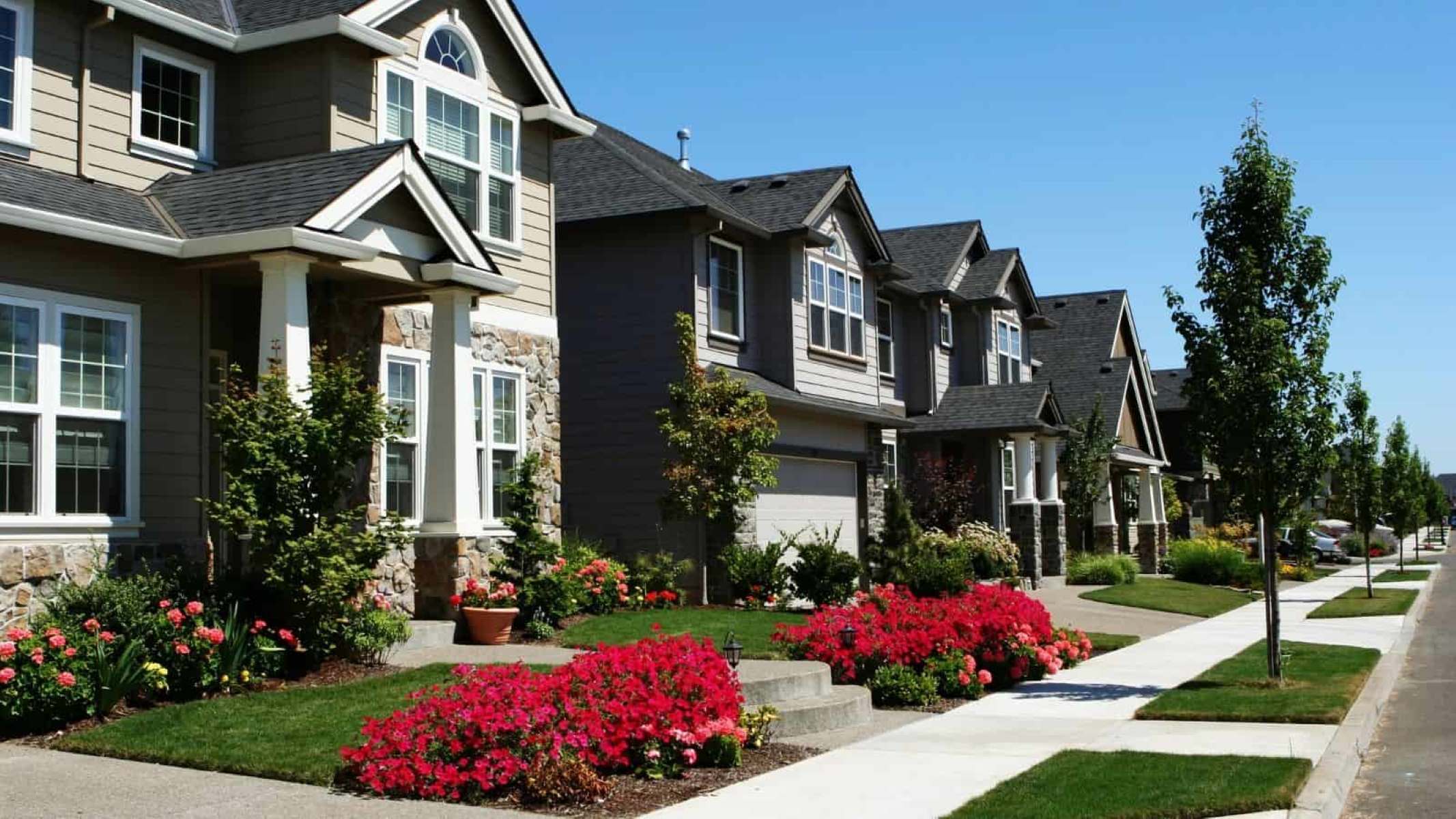

Ideas and Tips
Understanding Homeowners Associations: Pros And Cons
Published: September 26, 2024
Discover the pros and cons of Homeowners Associations (HOAs) to make informed decisions about living in HOA-managed communities.
(Many of the links in this article redirect to a specific reviewed product. Your purchase of these products through affiliate links helps to generate commission for Storables.com, at no extra cost. Learn more)
In the world of real estate, homeowners associations (HOAs) have become a ubiquitous presence. These entities, also known as community associations, play a significant role in maintaining the aesthetic appeal and property values of neighborhoods, condominium complexes, and apartment high-rises. However, like any other form of governance, HOAs come with their own set of advantages and disadvantages. This article aims to provide a comprehensive understanding of what HOAs are, the benefits they offer, and the potential drawbacks.
What is a Homeowners Association?
At its core, a homeowners association is a non-profit organization that oversees the maintenance and improvement of common areas within a community. These areas can include parks, swimming pools, clubhouses, and other shared facilities. The primary function of an HOA is to enforce rules and regulations that ensure all residents adhere to certain standards of living.
Read more: What Are The Pros And Cons Of A Pergola?
Types of Homeowners Associations
HOAs can exist in various forms depending on the type of community they serve. Here are some common types:
- Single-Family Home Neighborhoods: Many suburban neighborhoods have HOAs that manage the upkeep of shared spaces like parks and playgrounds.
- Condominium Complexes: In condominiums, HOAs often handle maintenance tasks such as cleaning hallways, fixing elevators, and managing trash disposal.
- Apartment High-Rises: Luxury apartment buildings often have HOAs that oversee amenities like gyms, pools, and security systems.
- Townhouse Communities: Similar to single-family home neighborhoods but with shared walls between units.
Benefits of Homeowners Associations
Despite the negative connotations sometimes associated with HOAs, they offer several benefits that make them attractive to many homeowners.
Improved Aesthetics
One of the primary advantages of living in an HOA-managed community is the improved aesthetic appeal. By enforcing rules regarding lawn care, exterior paint colors, and vehicle parking, HOAs ensure that every property within the community looks well-maintained. This uniformity contributes to higher property values because potential buyers are more likely to be attracted to visually appealing neighborhoods.
For instance, if you live in a neighborhood where some residents neglect their lawns or paint their houses in unconventional colors, it can detract from the overall appeal of the area. An HOA steps in to prevent such issues by setting guidelines that all residents must follow. This not only enhances the visual appeal but also increases property values over time.
Improved Conflict Resolution
Conflicts between neighbors are inevitable in any community setting. However, HOAs can help resolve these disputes more efficiently than if left unmanaged. By establishing clear rules and regulations, HOAs provide a framework for addressing issues before they escalate into full-blown feuds.
For example, if there's a dispute over noise levels or pet ownership rules, an HOA can intervene by mediating discussions between parties involved. This proactive approach helps prevent misunderstandings from turning into long-standing grudges that could affect relationships within the community.
Read more: 11 Common Types Of Bathtub: Pros And Cons
Enhanced Security
Many HOAs take security seriously by implementing measures such as gated communities with 24/7 security personnel or surveillance cameras in common areas. These precautions not only deter potential intruders but also provide peace of mind for residents who value safety above all else.
In addition to physical security measures, some HOAs also offer services like emergency response teams or on-call maintenance personnel who can address urgent issues promptly. This level of preparedness ensures that residents feel secure knowing help is just a call away.
Maintenance and Repairs
One of the most significant advantages of living in an HOA-managed community is the shared responsibility for maintenance tasks. Instead of each homeowner bearing the full cost of repairs and upkeep individually, these expenses are distributed among all members through monthly or annual fees.
This collective approach ensures that essential services like trash collection, landscaping, and building repairs are handled efficiently without placing undue burden on any single resident. Moreover, HOAs often hire professional contractors who specialize in specific areas like plumbing or electrical work—ensuring that repairs are done correctly and safely.
Community Amenities
HOAs often provide access to various community amenities such as swimming pools, clubhouses with event spaces, fitness centers with equipment like treadmills and free weights—and even dog parks where pets can socialize while their owners relax nearby.
These shared facilities foster a sense of community among residents who might otherwise lead isolated lives within their individual homes. By offering these amenities under one roof (or rather under one HOA), these organizations encourage social interaction among neighbors which can lead to stronger bonds within the community.
Drawbacks of Homeowners Associations
While HOAs offer numerous benefits tailored towards maintaining desirable living conditions within their respective communities; there are several drawbacks associated with them as well:
Read more: What Are The Pros And Cons Of Astro Turf
High Fees
One major concern many potential buyers have regarding HOAs revolves around high fees associated with membership. These fees cover everything from maintenance costs to administrative expenses incurred by managing boards responsible for overseeing daily operations within said communities.
However, these fees can sometimes be prohibitively expensive especially when compared against other forms real estate ownership where no such charges exist at all For instance:
- Monthly Dues: Some HOAs charge upwards towards hundreds dollars per month depending upon specific requirements set forth by governing bodies themselves!
- Special Assessments: In addition regular dues; some HOAs also impose special assessments whenever major repairs need undertaken e.g., replacing roofs entire complexes!
- Fines & Penalties: Failure comply rules regulations often results fines penalties levied against offending parties—adding insult injury already strained budgets already stretched thin due various other expenses incurred daily lives!
Lack Flexibility
Another significant drawback associated living under umbrella HOA lies lack flexibility afforded individual homeowners themselves Once rules regulations established governing bodies themselves; they tend remain unchanged despite changing circumstances surrounding residents themselves!
For example:
- Architectural Restrictions: Many HOAs impose strict architectural restrictions limiting types renovations allowed within properties themselves—making it difficult homeowners wishing upgrade homes according personal tastes preferences!
- Pet Policies: Similarly pet policies enforced HOAs sometimes overly restrictive leading frustration among pet owners unable comply stringent guidelines set forth governing bodies themselves!
Potential for Abuse Power
Unfortunately potential exists abuse power wielded governing boards overseeing daily operations within communities themselves This can manifest various ways including favoritism towards certain members over others or misuse funds allocated towards specific projects intended benefit entire community rather select few individuals benefiting disproportionately compared others!
To mitigate risks associated abuse power; many states have implemented measures designed ensure transparency accountability within governing bodies themselves—including regular audits financial records public meetings held quarterly basis ensuring all stakeholders informed decisions being made affecting lives directly indirectly!
How to Choose the Right Homeowners Association
Given pros cons associated living under umbrella HOA; selecting right one crucial decision-making process especially those considering purchasing homes located within communities governed by such entities themselves!
Here are few tips help guide decision-making process:
-
Research Thoroughly
Before making final decision regarding purchase property located within community governed HOA; conduct thorough research regarding governing body itself—including reading reviews testimonials current residents past experiences interacting with same entity itself! -
Review Bylaws & Rules
Carefully review bylaws rules regulations established governing body itself—including any architectural restrictions imposed upon properties located within said community itself! -
Attend Meetings
Attend meetings held quarterly basis ensuring informed decisions being made affecting lives directly indirectly This also provides opportunity interact directly representatives governing body itself addressing concerns questions raised during said interactions themselves! -
Evaluate Fees
Evaluate fees associated membership carefully considering whether they reasonable compared overall value received services provided by governing entity itself! -
Assess Community Amenities
Assess community amenities offered under umbrella HOA itself—including availability access various facilities provided residents living within said community itself! -
Check Financial Health
Check financial health governing entity itself—including reviewing financial records publically available ensuring transparency accountability maintained throughout entire process itself!
Conclusion
In conclusion understanding pros cons associated living under umbrella HOA essential decision-making process especially those considering purchasing homes located within communities governed such entities themselves While benefits numerous including improved aesthetics enhanced security collective maintenance responsibilities; drawbacks significant including high fees lack flexibility potential abuse power wielded governing boards overseeing daily operations within communities themselves!
By conducting thorough research reviewing bylaws rules regulations established governing bodies themselves attending meetings evaluating fees assessing community amenities checking financial health; potential buyers better equipped make informed decisions regarding purchase properties located within communities governed HOAs themselves ultimately safeguarding investments made along way ensuring peace mind knowing they protected against unexpected events occurring future itself
Was this page helpful?
At Storables.com, we guarantee accurate and reliable information. Our content, validated by Expert Board Contributors, is crafted following stringent Editorial Policies. We're committed to providing you with well-researched, expert-backed insights for all your informational needs.
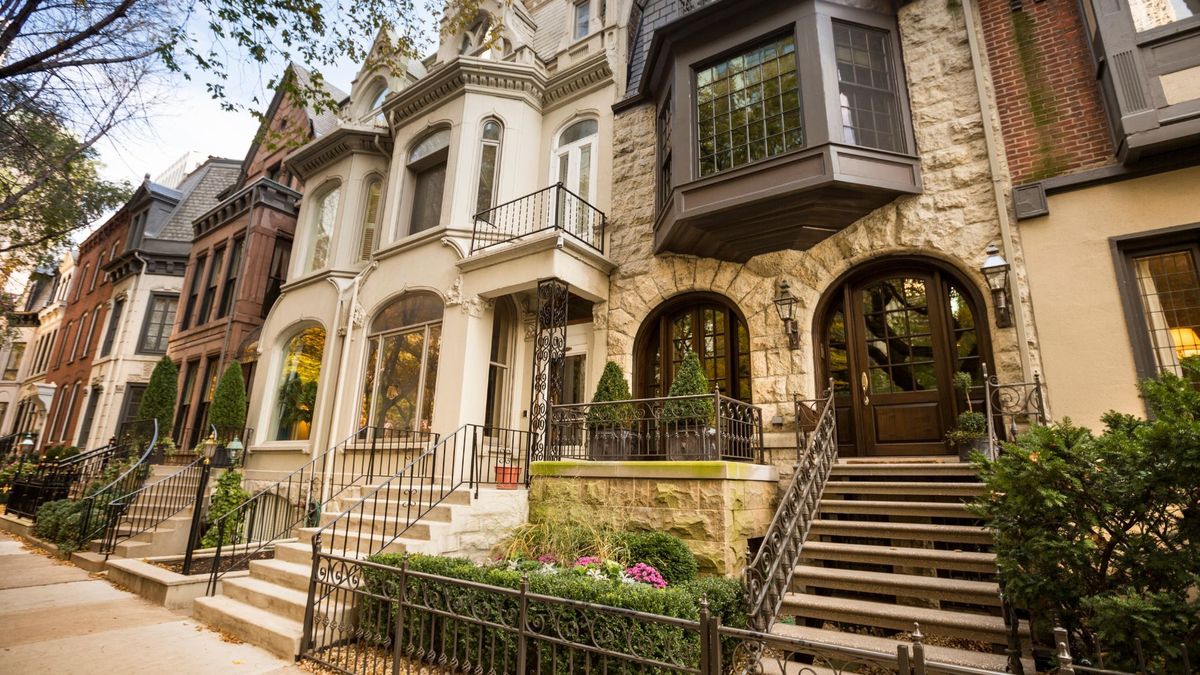


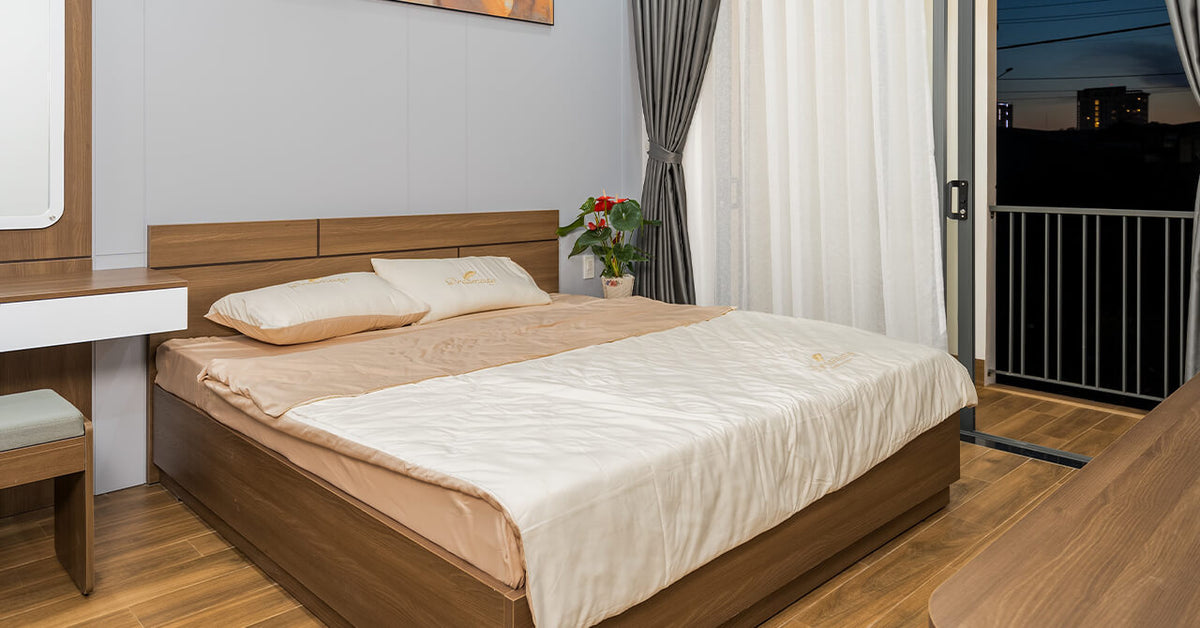



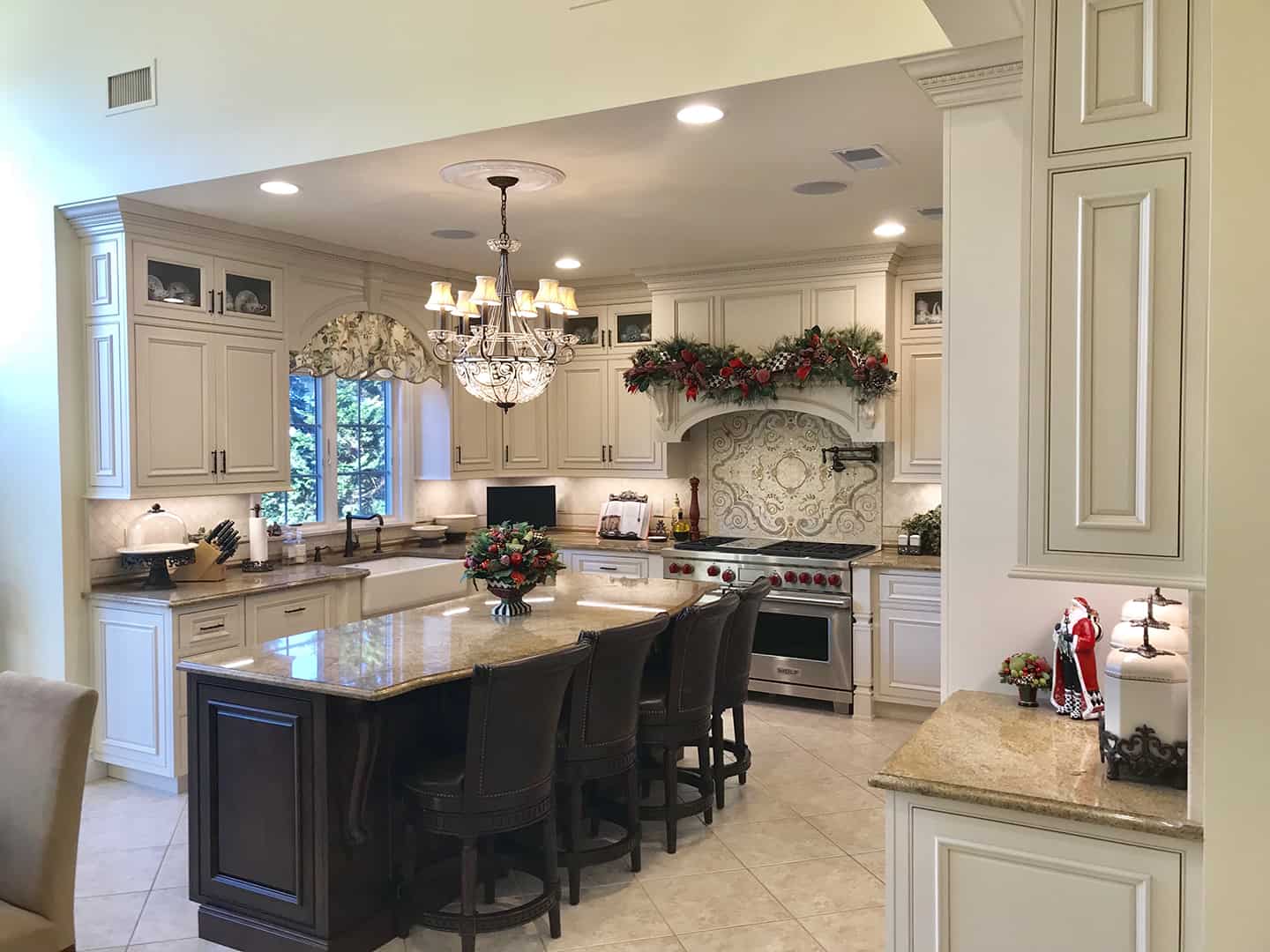
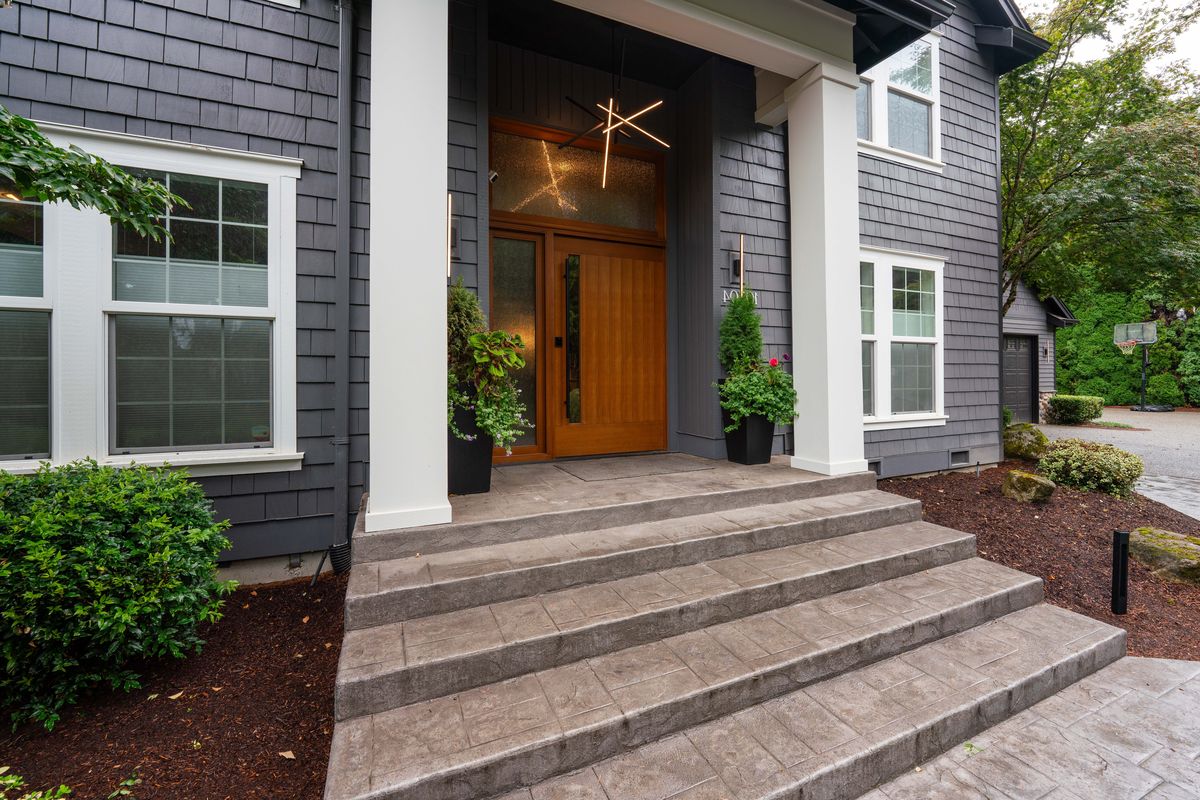
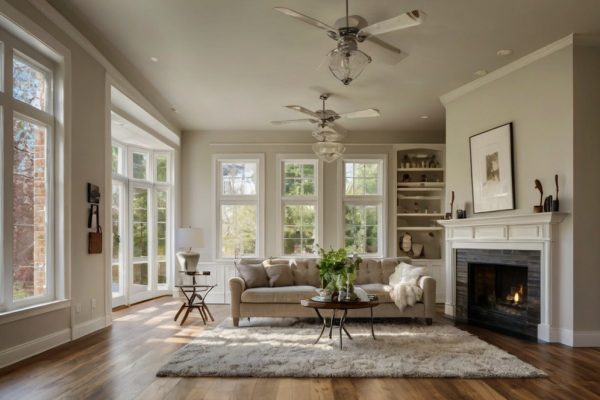



0 thoughts on “Understanding Homeowners Associations: Pros And Cons”